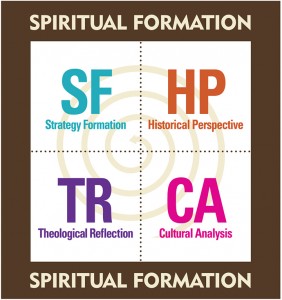Conclusion
Each stage of church planting and development is important to the eventual maturity of a missions movement, and the result is predictable when any stage is neglected.
By-passing the Learning Stage almost always results in anemic movements. This most strikingly occurs when campaigners from the West seek to plant ...
 Blog
Blog
